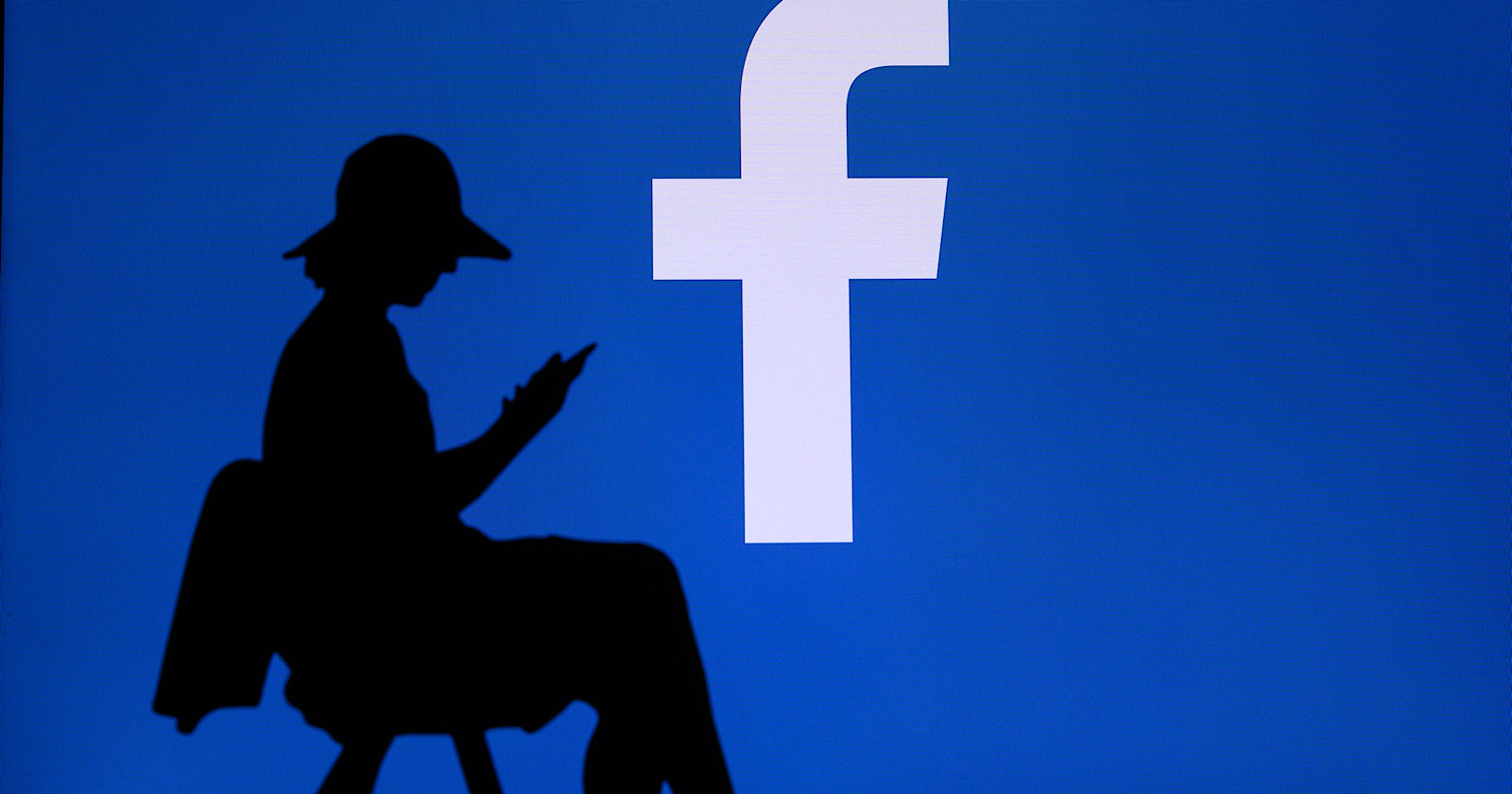
Facebook is updating its interface with a new type of notification that’s likely to hurt traffic to older pages.
Going forward, Facebook will notify users when they’re about to share an article that’s over 90 days old.
The notification is designed to give users a chance to reconsider sharing the article. They can either go back to the screen they were on or continue with their post.
While 90 days is the threshold for this notification to show up. Facebook will also note when the article is much older.
“To ensure people have the context they need to make informed decisions about what to share on Facebook, the notification screen will appear when people click the share button on articles older than 90 days, but will allow people to continue sharing if they decide an article is still relevant.”
Why is Facebook Doing This?
John Hegeman, Facebook VP of Feed and Stories, says several months of internal research finds the timeliness of an article is key when users decide what to read, trust, and share.
This is a classic case of an update with questionable benefit for users and an obviously negative impact on publishers.
There’s sure to be fewer shares of “old” articles on Facebook because of this update, which robs those publishers of opportunities for more traffic.
An article that’s 90 days old isn’t exactly ancient history either. While an article on COVID-19 written 90 days ago may be severely outdated, not all articles are irrelevant after 3 months.
As bad as this looks for publishers, apparently even news outlets themselves have expressed concern about old stories being shared as current news.
Facebook says as much in its press release:
“News publishers in particular have expressed concerns about older stories being shared…
Some news publishers have already taken steps to address this on their own websites by prominently labeling older articles to prevent outdated news from being used in misleading ways.”
It sounds like publishers are doing their best to prevent accidental shares of old articles as current news. So why is this still such a problem on Facebook?
The Real Problem: Sharing Without Clicking
As Facebook states in the above quote, publishers are going out of their way to make dates on articles more prominent.
If users were proactive about checking the dates of articles before sharing, then I would argue this notification wouldn’t be necessary.
Unfortunately, it’s not uncommon for users to share content without clicking on the link first. So they wouldn’t know when an article was published if they never look at it to begin with.
This has become such a problem across social media that Twitter has implemented similar measures as well.
Twitter is currently testing a feature that alerts users when they’re about to retweet a link they haven’t clicked on.
Sharing an article can spark conversation, so you may want to read it before you Tweet it.
To help promote informed discussion, we’re testing a new prompt on Android –– when you Retweet an article that you haven’t opened on Twitter, we may ask if you’d like to open it first.
— Twitter Support (@TwitterSupport) June 10, 2020
Twitter’s test feature is limited to Android for the time being.
See: Twitter Will Check if Articles Are Read Before Sharing
It’s not clear how widely Facebook’s old article notification is being rolled out, but the company did not say anything about it being a limited test.
Although Facebook did mention it will be testing similar notifications over the next few months.
“For posts with links mentioning COVID-19, we are exploring using a similar notification screen that provides information about the source of the link and directs people to the COVID-19 Information Center for authoritative health information.
Through providing more context, our goal is to make it easier for people to identify content that’s timely, reliable and most valuable to them.”
Source: Facebook Newsroom






